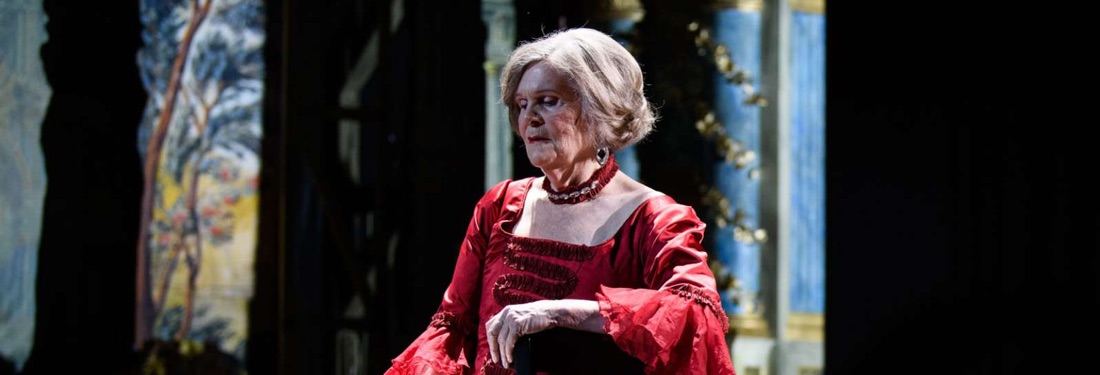
Ronald Eyer in the March 1958 issue of Musical America:
The German soprano Inge Borkh made her Metropolitan debut in the title role of “Salome” and cut a rather controversial figure with some sharp divisions of opinion about the “rightness” of her interpretation. Granting the obvious fact that there never was and never will be a perfect Salome since, as Strauss himself said, the role requires “a 16-year-old girl with an Isolde voice,” a good performance can only be assessed negatively as the one which is least unseemly.
Miss Borkh, who certainly possesses an Isolde-type voice, is a statuesque, but well-proportioned woman and clearly is not the fragile child-princess of Wilde’s, and Strauss’s, invention. But she has made a thoughtful, intelligent study of this impossible part; she has developed a characterization in which every detail is calculated, down to the smallest movements of the dance, and she produces an entity which is consistent and, therefore tasteful and, for many people, exciting. I personally prefer a more acidulous and penetrating voice, particularly in the lower reaches, and a somewhat simpler acting style (Strauss always deplored tendencies to overact the part).
Norman Kelley was a frenetic Herod and Blanche Thebom complemented him with the regally glacial, venomous Herodias that is one of her most notable characterizations. Mack Harrell sang very well and he did all that can be done with the undeveloped role of Jokanaan. The conducting of Mr. Mitropoulos was curiously uneven. He tended to slur over the lovely subtleties of the score and, in the succession of his tempos, to create slackness that vitiated the mounting tension which must be built relentlessly from beginning to end if the great closing scene is to be the tremendous psychological and musical catharsis it was intended to be. Despite Miss Borkh’s fine work here, the final scene came almost as an anticlimax.
Birthday anniversaries of playwright Pierre-Augustin Beaumarchais (1732), patron, librettist and operatic inspiration Gustavus III (1746), composer, writer and operatic inspiration E T A Hoffmann (1776), bass-baritone Jaro Prohaska (1891), mezzo-soprano Elena Nicolai (1905), composers Gottfried von Einem (1918) and Leon Kirchner (1919).
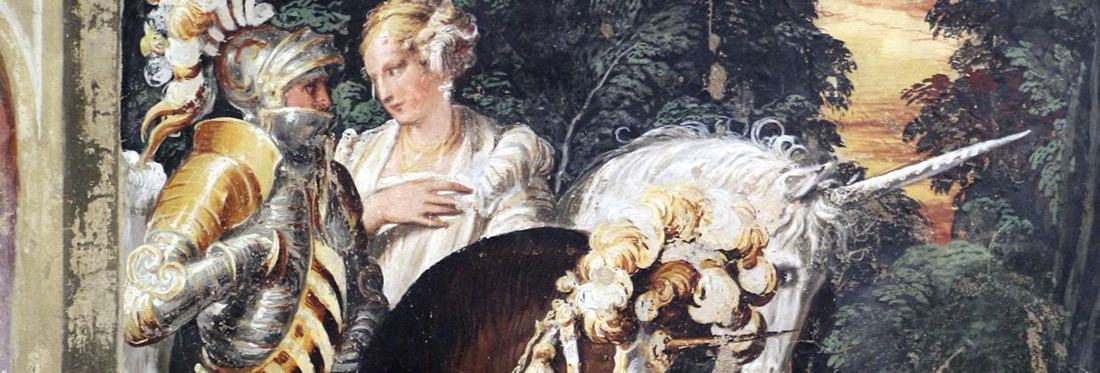

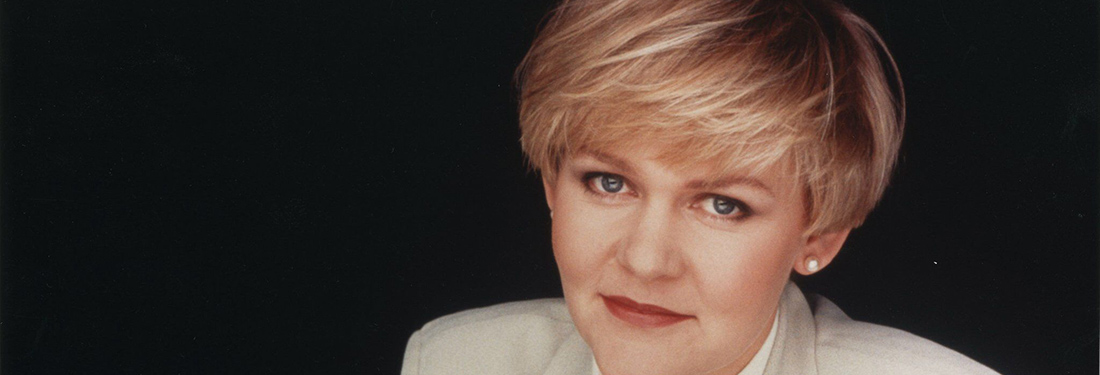
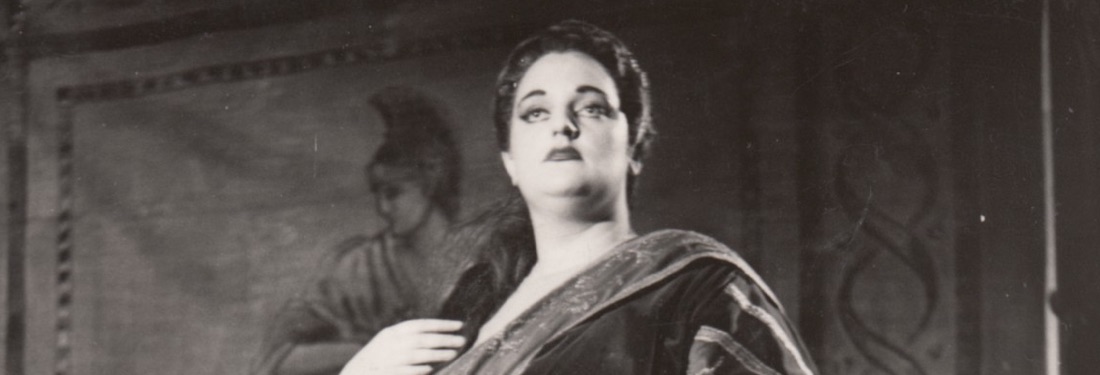
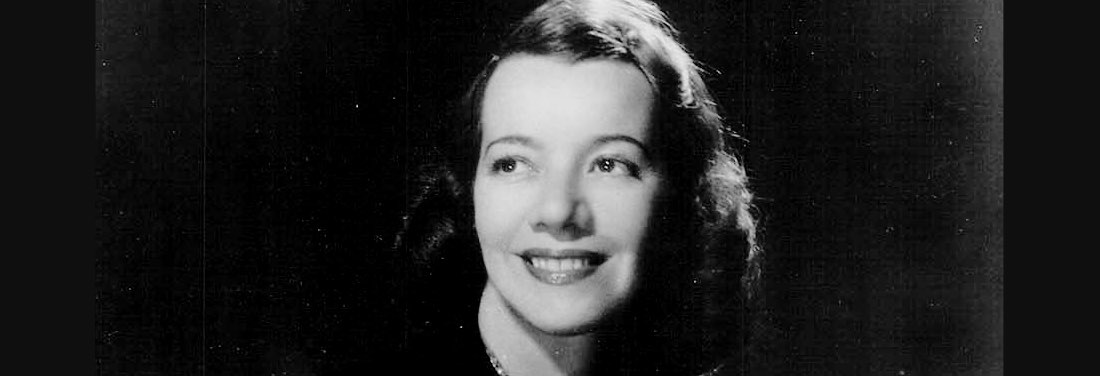
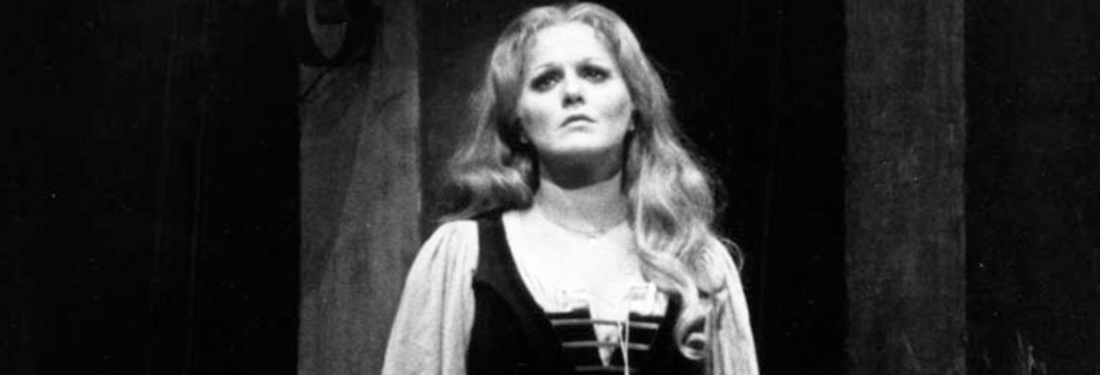

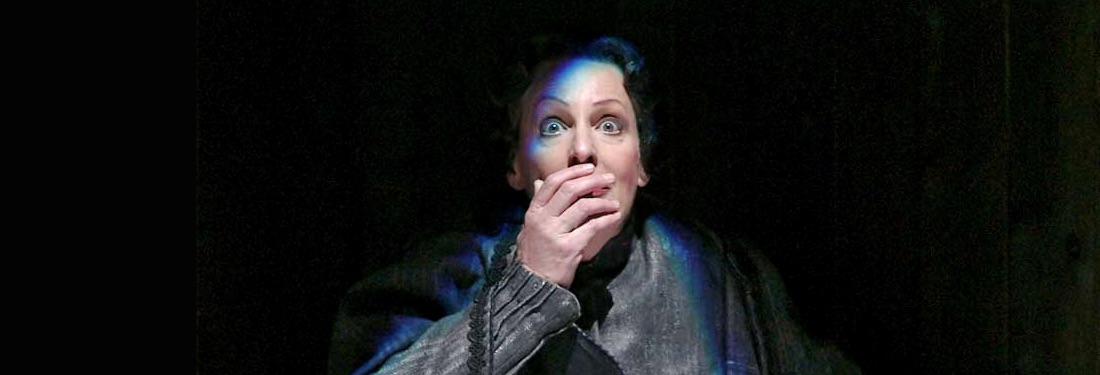
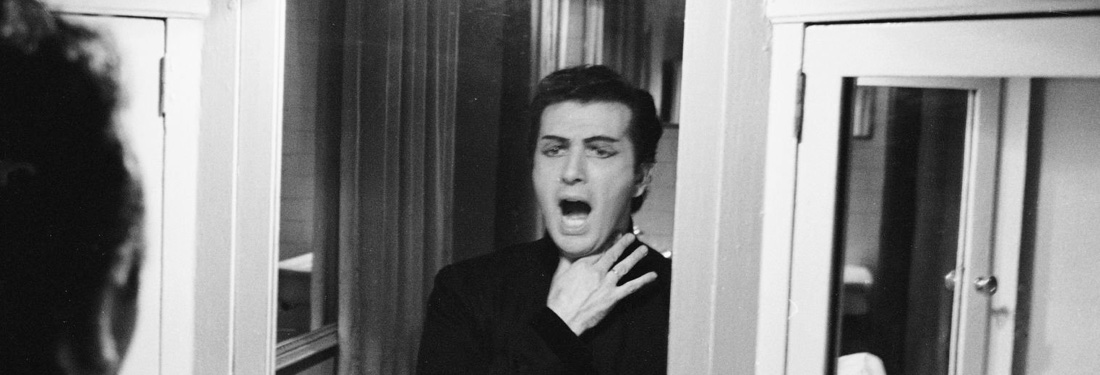
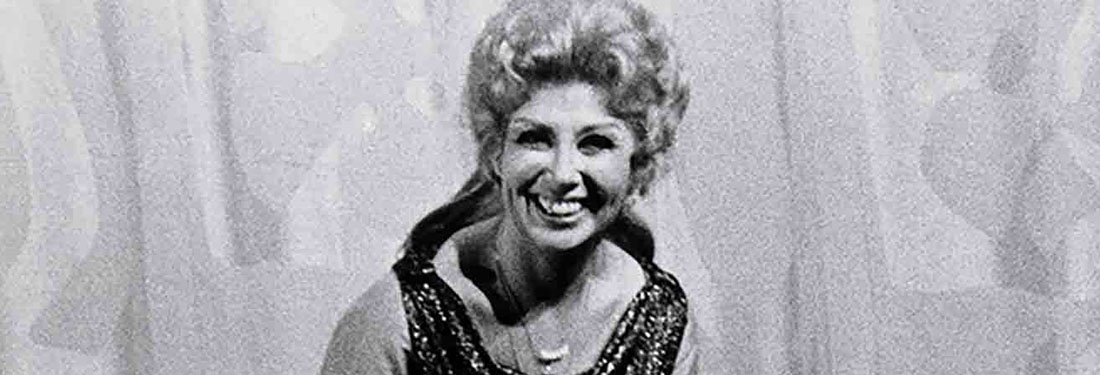
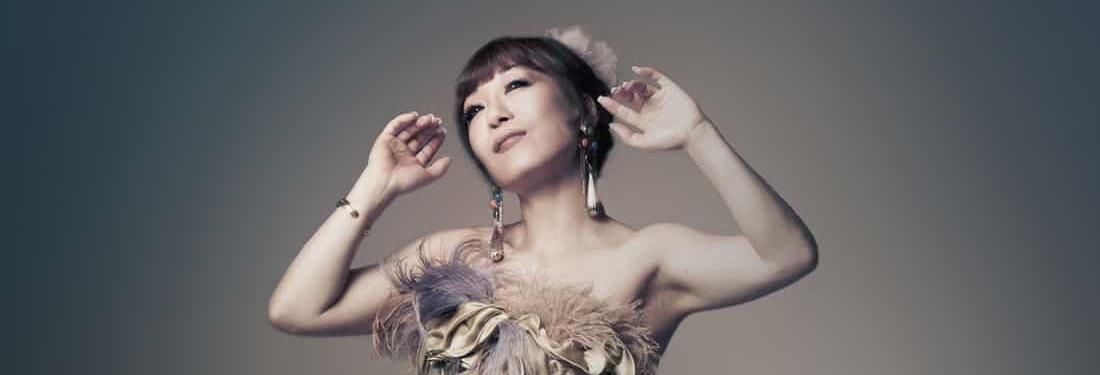
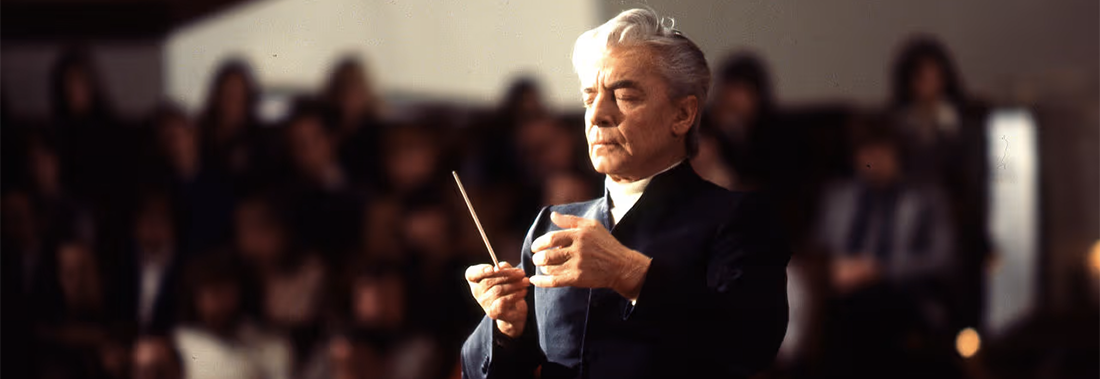
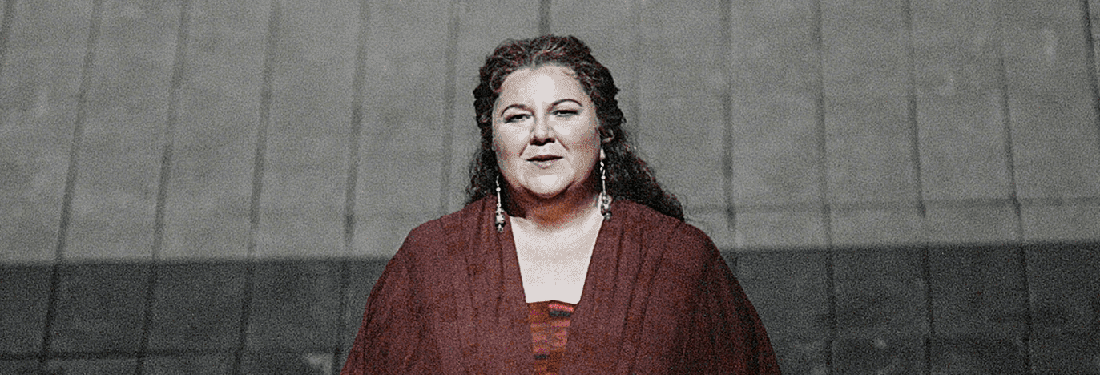
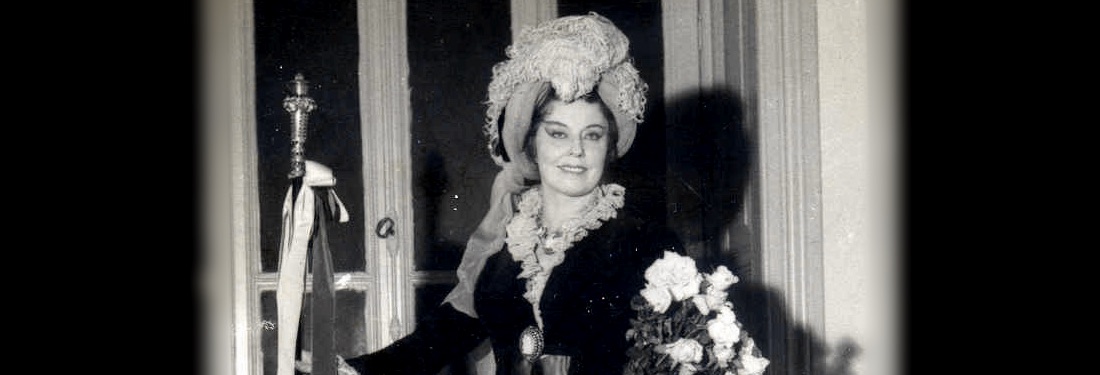
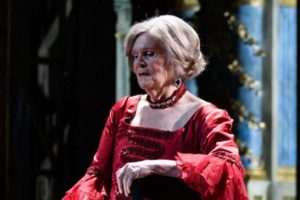
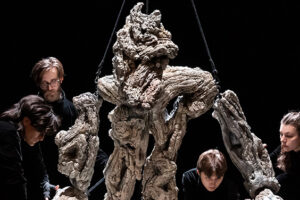
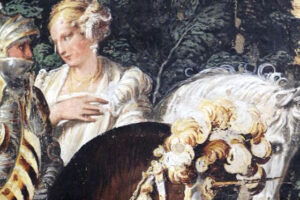
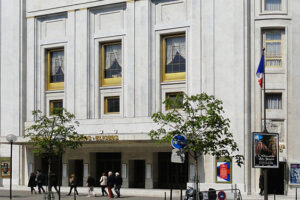

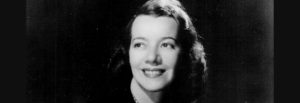




Comments